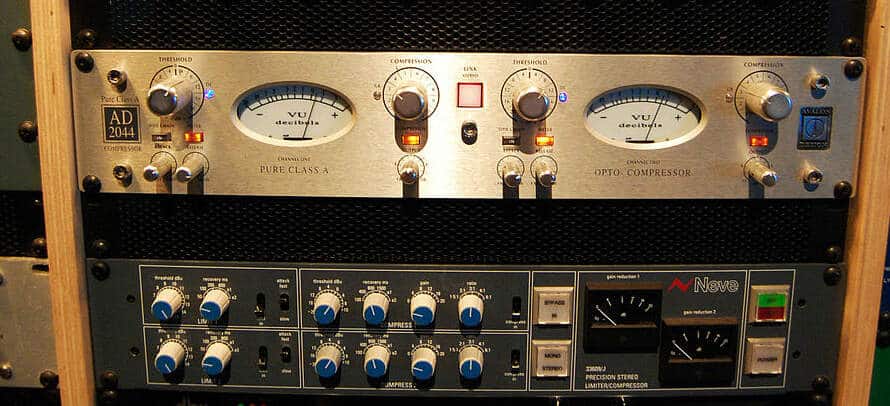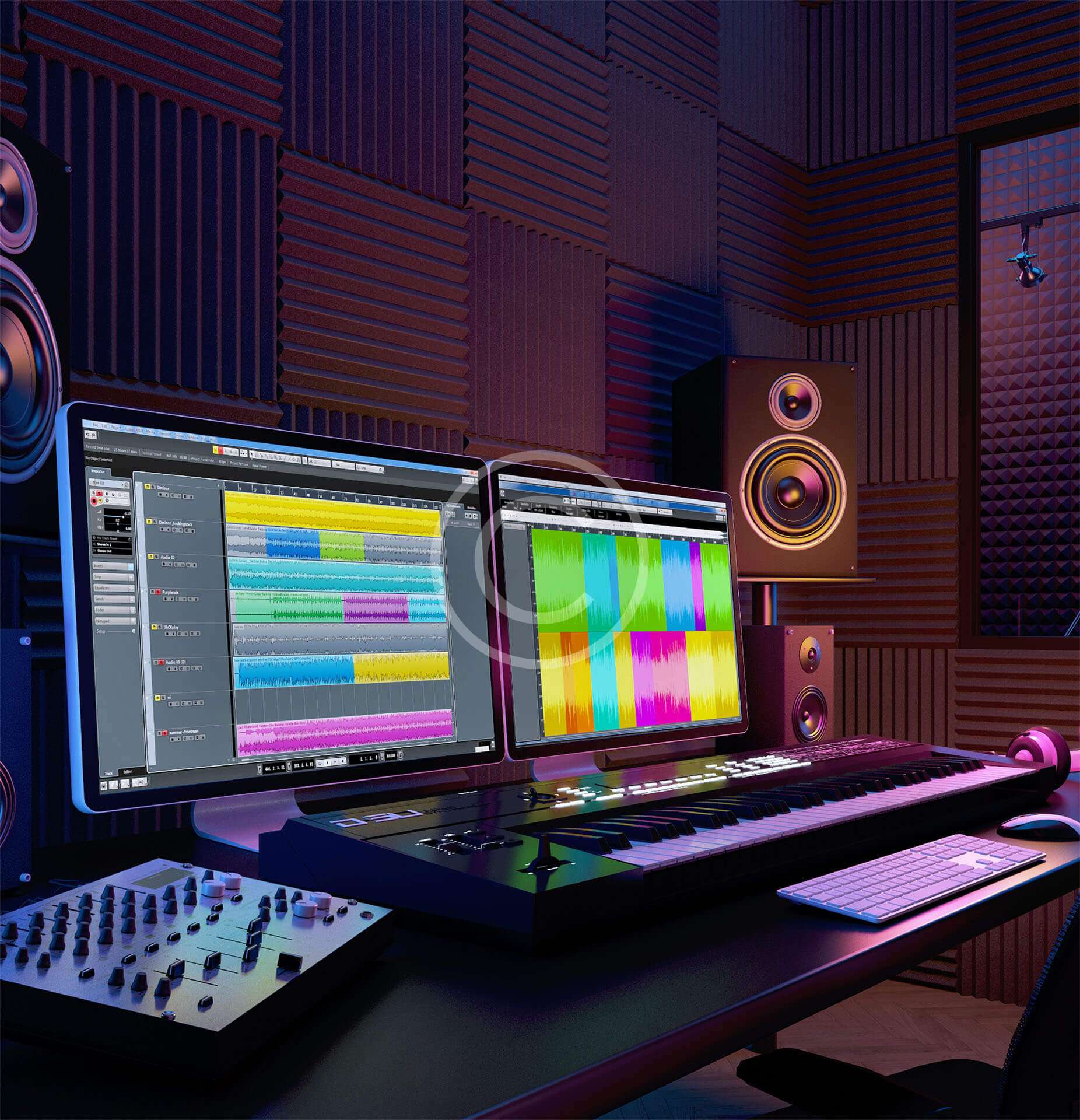Introduction to Audio Post-Production
Mixing and mastering are crucial stages in audio post-production. Both involve nuanced processes to refine and polish individual tracks or entire mixes to create a balanced and impactful final product ready for distribution. But what is the difference between mixing and mastering?
Mixing: An Overview
The initial phase, mixing, entails blending various tracks to form a cohesive song. The mixing engineer employs techniques like equalization, compression, panning, and adding reverb to minimize instrument conflicts, tighten rhythms, and highlight key song elements.
Creative Expression in Mixing
Mix engineers creatively use tools like equalizers and compressors to either accentuate or reign in certain tracks, ensuring a balanced and impactful output. They are responsible for transforming the raw material, which could range from a handful to hundreds of tracks, into a unified song.
Understanding Mastering
In contrast, the mastering engineer is the final line of defense before a song is released to the public. This engineer’s job primarily involves ensuring quality control and enhancing the track to ensure it sounds good on any playback system.
Mastering: More Than Just Adding Effects
Mastering is not just about applying an equalizer, compressor, and limiter across a stereo track. Rather, it is about making each song fit cohesively within the project and stand out in the genre. The mastering engineer’s goal is to ensure the final project competes favorably with other similar material by established artists.
The Critical Role of Room Acoustics in Mastering
Interestingly, the room in which mastering occurs is a crucial tool in the process. The room acoustics, in combination with the speakers, help the mastering engineer identify potential problems and address them promptly.
Artifact Level Problem Solving in Mastering
Mastering also includes identifying and fixing problems at the artifact level using tools such as Izotope’s RX Pro for Music. A mastering engineer’s tasks include catching and correcting any overlooked anomalies in the mix, like random ticks, pops, plosives, distortions, or spectral anomalies. Waves RX will work well too.
Role of Mastering Engineer in Album Sequencing
Additionally, for an album meant to be heard sequentially, the mastering engineer determines the start and stop points of each song to create an appropriate flow. The process of embedding critical metadata like ISRC numbers, UPN codes, song titles, and artist information is typically handled by the mastering engineer.
Managing Different Delivery Systems in Mastering
In the diverse landscape of modern media, mastering engineers also need to keep track of different delivery formats and provide the necessary files for each. This includes formats for streaming platforms, CDs, broadcast media, and others.
Understanding the Difference between Mixing and Mastering
While mixing and mastering processes may use similar tools and techniques like stereo bus processing, the two are distinct stages in audio post-production. The differences lie not only in the techniques employed but also in the perspective and workflow of the engineers.
Audible Differences: Mixed vs Mastered Song
The transformations from mixing to mastering can be subtle but impactful, adding extra vibrancy and clarity to the song. Differences can be noticed in aspects such as enhanced drum excitement, clearer vocals, better separation among harmonic instruments, and a more cohesive groove.
Differences in Workflow for Mixing and Mastering
The workflows for mixing and mastering engineers differ. Mixing engineers often spend a significant amount of time organizing tracks, followed by more creative tasks like EQing and compressing. On the other hand, mastering engineers work in a narrower, more focused manner, engaging in a variety of activities such as critical listening, setting levels, and forensic fixes.
Creative Changes in Mastering
Changes during the mastering stage are usually subtler than those during mixing. Tools like equalizers and compressors are used more for tone enhancement than drastic changes. Mastering engineers always have to anticipate and listen for unexpected consequences resulting from changes made to a stereo file.
Trying Out Music Production Suite Pro
For practical application, tools like Music Production Suite Pro provide features to explore concepts in Ozone and Neutron. These platforms offer a suite of industry-standard plug-ins, production courses, custom presets, and royalty-free sample packs.
Time Investment in Mixing and Mastering
The time taken to mix or master music can vary greatly, with full song mixes taking anywhere from a day to a week. Mastering, in contrast, traditionally takes much less time, with an album potentially being completed in half a day.
The Role of Perspective in Mixing and Mastering
Different perspectives characterize mixing and mastering. While mixing engineers deeply immerse themselves into the music over several days or weeks, mastering engineers aim for a balanced and objective perspective, working quickly and subtly without compromising quality.
Mixing and Mastering Tools
The application and use of tools like EQ, compression, and limiting also differ in mixing and mastering. For instance, iZotope tools are tailored for specific stages of post-production. While Neutron is designed for mixing, Ozone is developed for mastering, each offering features best suited for their respective uses.
Limiter in Mastering
Limiter is another tool more relevant to mastering than mixing. It is used to set loudness levels to market standards, ensuring the final track is competitive without causing too much distortion.
Conclusion: Putting Your Knowledge into Practice
Understanding the nuances of mixing and mastering is key for those new to the world of audio. With the right knowledge and tools, one can effectively refine and polish their music to create an impactful and balanced final product. The Music Production Suite Pro membership offers access to essential plug-ins needed for both mixing and mastering.

